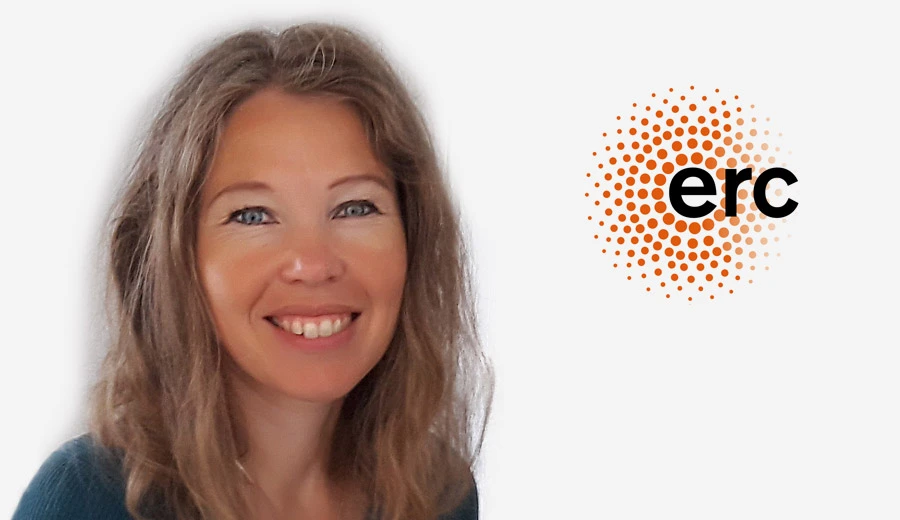Ultrafast molecular chirality: twisting light to twist Electrons
Olga Smirnova receives an ERC Advanced Grant
Olga Smirnova receives a prestigious Advanced Grant from the European Research Council (ERC) which supports, for a period of 5 years, basic research on developing new methods for controlling and imaging ultrafast chiral dynamics at attosecond to femtosecond time scale. The ERC Advanced Grant is endowed with up to 2.5 million euro and awarded to top researchers in Europe pursuing groundbreaking high-risk projects in science.
Chiral molecules exist in pairs of non-superimposable “mirror twins” called enantiomers. The specific stereo arrangements of their nuclei underlie their key functions in chemistry and biology. Yet, little is known about chiral molecular interactions at the level of electrons, occurring on ultrafast time scales. Developing extremely enantio-sensitive, ultrafast and all-optical approaches to track electronic dynamics is an important unsolved challenge. The multidisciplinary project ULISSES aims to address this challenge by taking advantage of chiral electronic currents that arise naturally when chiral molecules interact with sufficiently intense light. The chiral nature of these ultrafast currents is dictated by the molecule itself.
The project will apply light with polarization structured both in space and in time, endowing such light with local chiral and global topological properties. By controlling the light and the electron currents it excites, the project aims to induce new optical effects which are orders of magnitude more enantio-sensitive than the traditional optical techniques, gaining access to the ultrafast electron dynamics and physical mechanisms underlying chiral functions. The project will also develop a framework for describing the geometrical magnetism, which is generated by the electron currents in chiral molecules, and introduce new classes of enantio-sensitive phenomena enabled by these geometric concepts.
By expanding our fundamental understanding of the dynamical response of chiral systems to light, ULISSES aims to set the grounds for innovative applications of all-optical methods to chiral discrimination in low-density samples with extraordinary sensitivity and molecular specificity.
Olga Smirnova is a leader of the Strong Field Theory group at the Max Born Institute for Nonlinear Optics and Short Pulse Spectroscopy and is Professor of Theoretical Physics at Technische Universität Berlin. With her research on attosecond and strong field phenomena in atoms, molecules, and condensed matter systems, she plays a leading role in attosecond and strong field physics worldwide. Olga Smirnova has received several awards for her scientific work, among them the Ahmed Zewail Award in Ultrafast Science and Technology of the American Chemical Society in 2020.
Additional information about Olga Smirnova can be found at mbi-berlin.de/p/olgasmirnova and about ERC Grants at erc.europa.eu.
Contact
Max Born Institute for Nonlinear Optics and Short Pulse Spectroscopy
Prof. Dr. Olga Smirnova
Phone +49 30 6392-1340
Email smirnova(at)mbi-berlin.de
Press release MBI/FVB, 26 April 2022
